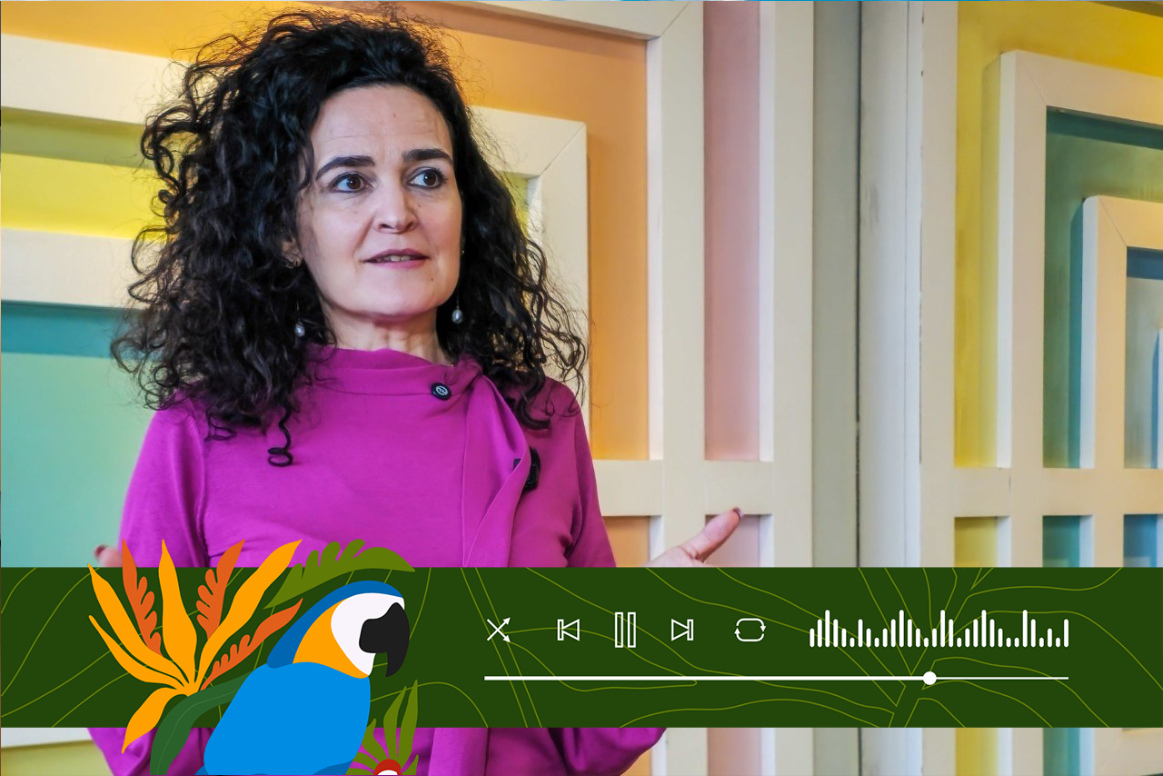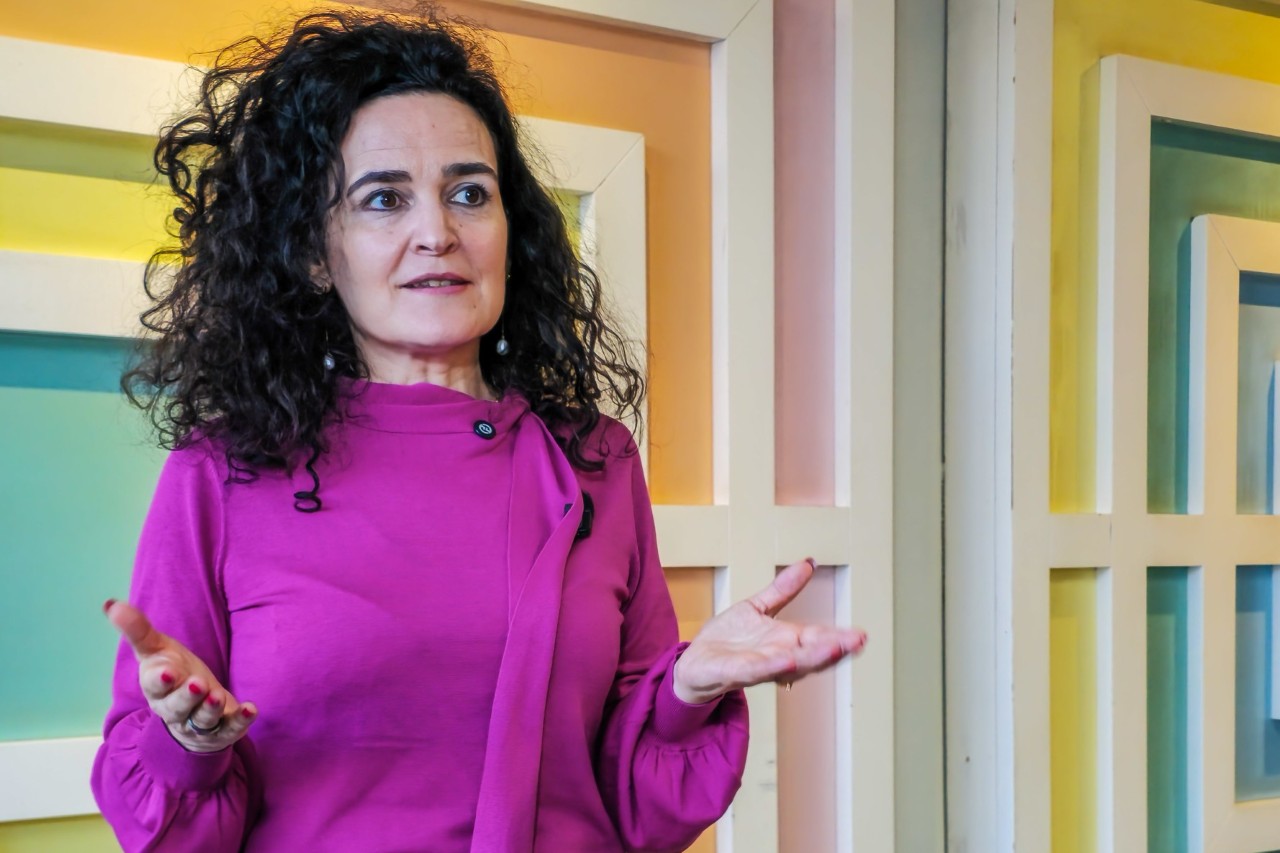COP30 Brasil Bulletin #08 - GCF Executive Director calls for a new approach to mobilize USD 1.3 trillion for climate action
Mafalda Duarte addresses the implementation challenges, rethinks climate finance incentives at COP30 . Listen to the report and find out more

Report: Mayara Souto / COP30 Brasil
Voice-over: Nicolas Verly
Reporter: How to finance the fight against climate change stands as one of the most pressing questions of our time. At COP30 in Belém, Brasil, a solution is beginning to emerge. The conference confronts the clear challenge of mobilizing USD 1.3 trillion to transform climate commitments into tangible initiatives.
Mafalda Duarte, Executive Director of the Green Climate Fund (GCF), believes this ambitious target is attainable, but offers a cautionary note:
Mafalda Duarte: Brasil’s greatest challenge is to generate the political will and understanding that new instruments are needed to effectively mobilize the public resources, which are necessary to leverage private sector investment. While public funding is essential, government budgets alone will not suffice to finance this trillion-dollar target. The private sector will have to play a pivotal role.
Reporter: So, how can this be achieved? Ms. Duarte suggested one solution: the proliferation of green funds. But what exactly are these mechanisms?
Envision a global "piggy bank" replenished by various sources and designed to fund initiatives that reduce emissions, protect forests, and help communities cope with the impacts of climate change. The Green Climate Fund is the largest of these, operating in over 130 countries with USD 18 billion in investments. However, a long-standing issue persists, as Ms. Duarte points out. A significant portion of that funding often fails to reach the most vulnerable populations. This has spurred a global movement advocating for local communities to lead climate adaptation efforts:
Mafalda Duarte: Historically, a recurring challenge with climate finance—and similarly with development support funding—is that most resources do not reach local communities or the most vulnerable, who are frequently the most exposed. This systemic issue has prompted an international effort to adopt principles of ‘locally led adaptation,’ meaning that adaptation efforts must be guided by local actors. This reflects a crucial recognition: We haven't done enough to ensure that funding genuinely reaches those who need it most.
Reporter: To amplify the voices of those most affected by climate change—who are often simultaneously the primary custodians of the environment—COP30 has established the Circle of Peoples. This initiative provides a dedicated space to integrate the demands of Indigenous territories into the ongoing negotiations. For Ms. Duarte, the underlying message is unequivocal:
Mafalda Duarte: If we want different results, we must do things differently.
English version: Trad. Bárbara Menezes
Proofreading: Enrique Villamil


